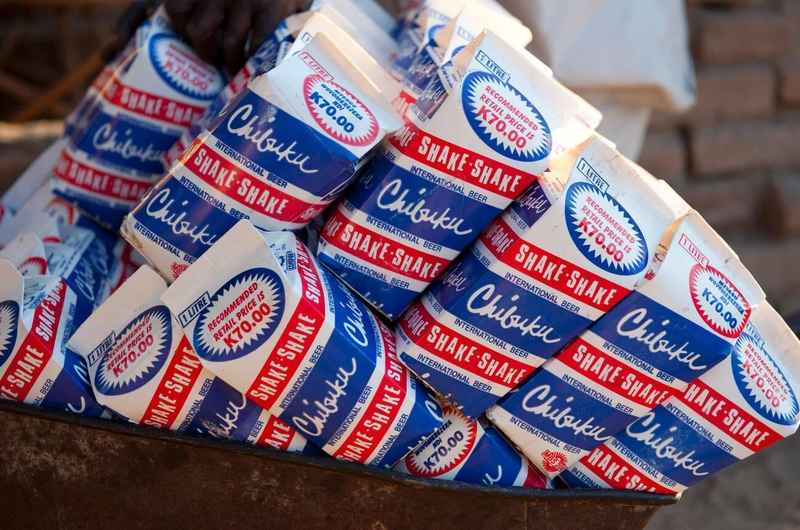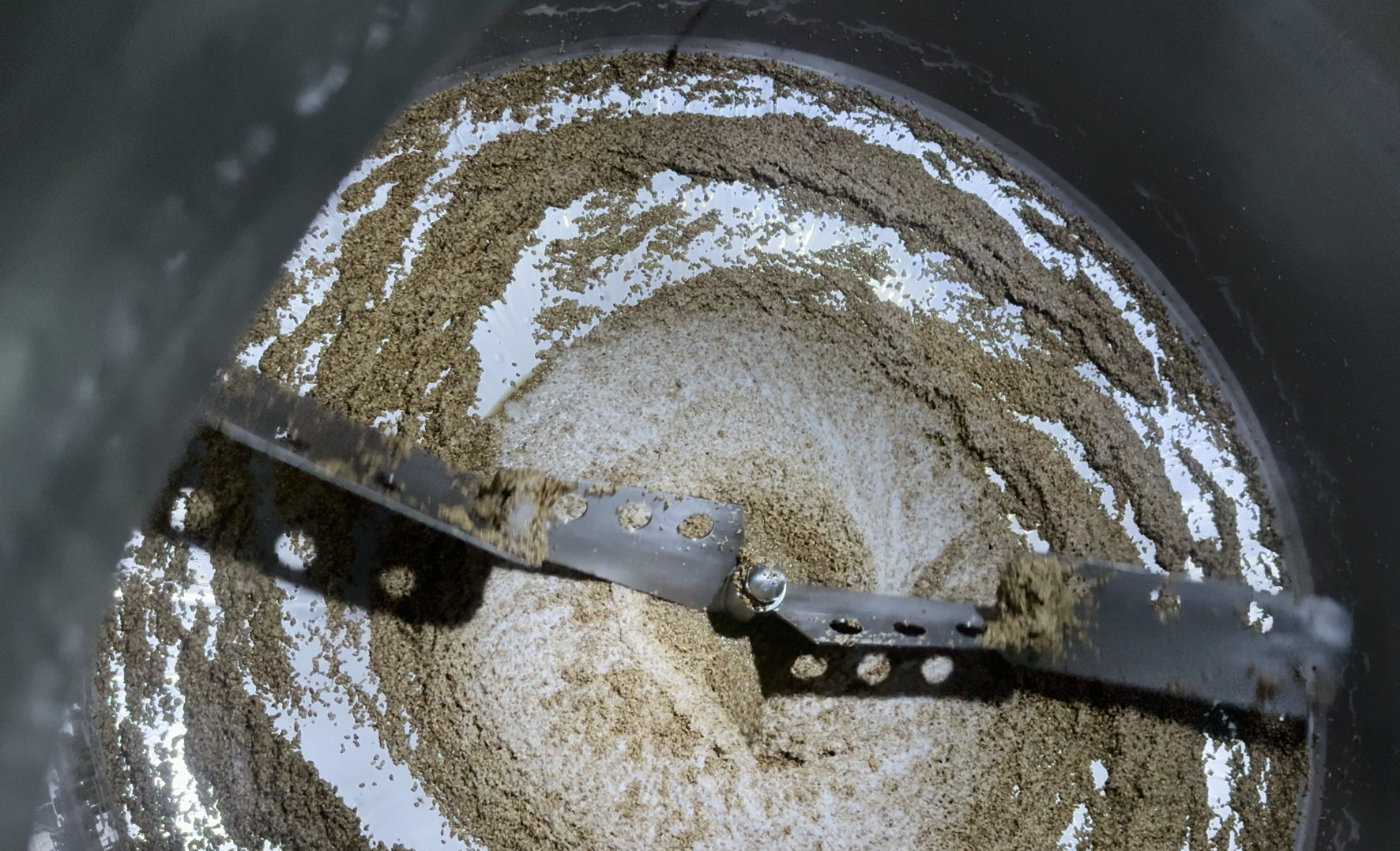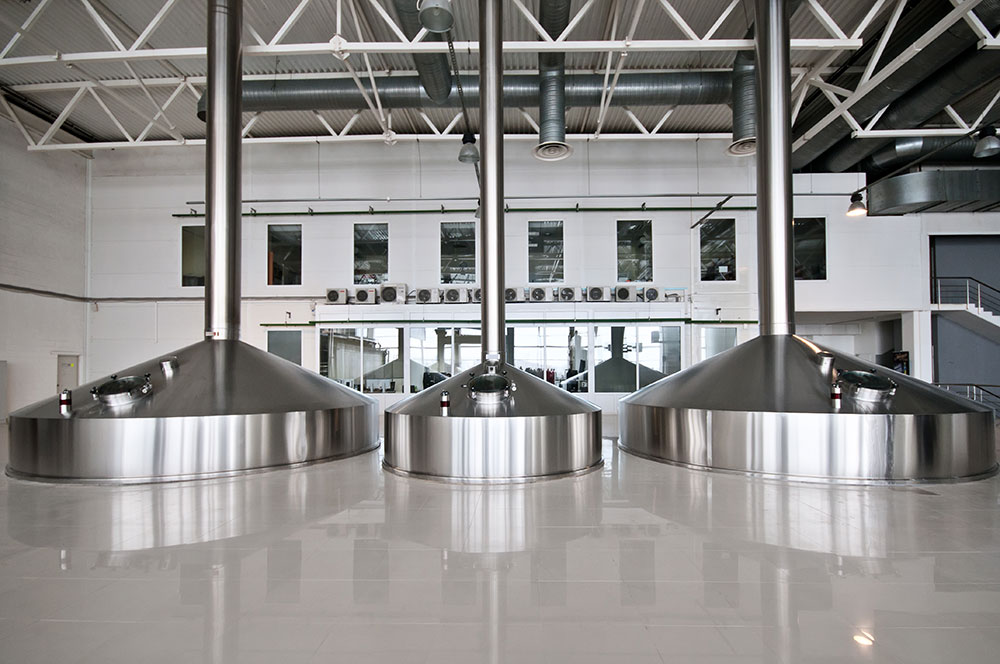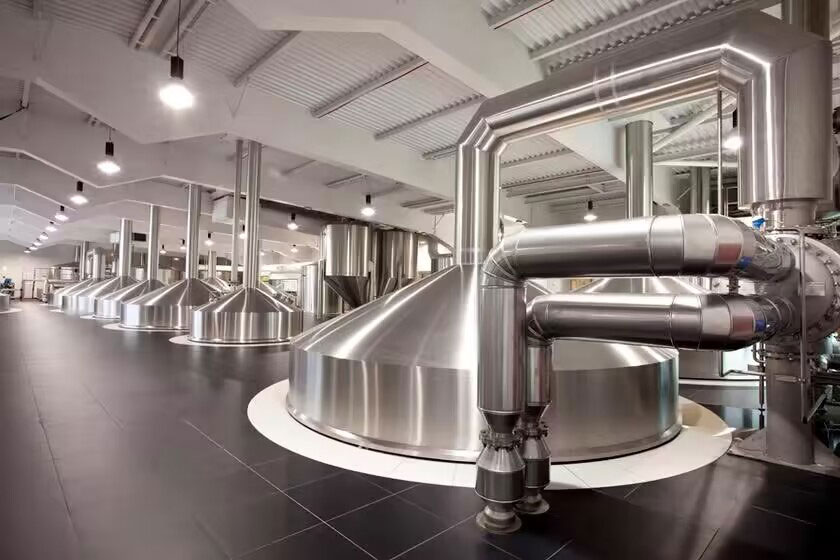Chibuku, a traditional African opaque beer, has transitioned from an informal homebrewed beverage to a commercially viable product with strong market demand across Sub-Saharan Africa. This article outlines the development of a large-scale, hygienic, and automated chibuku brewing plant, capable of producing high volumes with consistent quality while preserving the authentic sensory characteristics of the beer.
Tiantai can support end-to-end brewery engineering services and commercial-grade equipment, tailored to the unique requirements of chibuku production.

Project Objectives
- Establish a commercial Chibuku brewing facility with scalable capacity.
- Ensure food safety compliance through pasteurization and CIP systems.
- Reduce manual handling and optimize production efficiency.
- Preserve traditional product identity while achieving industrial consistency.
- Reduce imports, and enhance community-based value chains (maize, sorghum, yeast).
How to make chibuku
- Raw Material Preparation: Cleaned maize and sorghum grains are milled to the desired granularity using industrial hammer mills. Efficient particle size reduction increases surface area, improving gelatinization and enzyme access during mashing. Our mills are integrated with automated feeding and dust collection systems, ensuring clean, continuous, and controlled operation. Maize or sorghum meal is steeped and blended with water and lactic acid to initiate souring at 48–50°C. This step reduces pH and introduces desirable acidity through controlled lactic acid development.
- Gelatinization (Cooking): High-starch adjuncts are cooked at ~98°C in steam-jacketed cookers, breaking down starch granules for enzymatic access. Our industrial-scale cookers provide automated temperature control and programmable mixing cycles for consistency and energy efficiency.
- Mashing and First Enzymatic Conversion: After cooling to 50–60°C, sorghum malt is added to initiate saccharification. Our automated mash conversion vessels ensure precise retention times and stirring speeds, promoting enzymatic conversion of starch to fermentable sugars.
- Straining and Pasteurization: Using high-capacity decanter centrifuges, insoluble residues are separated from the wort. The clarified wort is then pasteurized at 80°C for 15 minutes using a plate heat exchanger-based pasteurization unit, ensuring microbial stability while preserving flavor compounds.
- Second Malt Conversion: Additional malt is introduced at ~65°C to adjust the sugar profile and support fermentation. Our modular mash tuns are designed to handle multistage malt additions with uniform heating.
- Yeast Pitching and Fermentation: After cooling to ~35°C, yeast (typically Saccharomyces cerevisiae) is pitched. Primary alcoholic and lactic acid fermentation occurs in closed stainless-steel fermenters, with automated controls maintaining optimal conditions (26–28°C) over 24–72 hours, depending on ambient conditions and product specifications.
- Packaging: The unfiltered, actively fermenting Chibuku is packed either in 2L returnable containers or delivered in 20L/1,000L bulk formats. We provide sanitary packaging lines, clean-in-place (CIP) systems, and flexible container filling machines to meet both artisanal and industrial output demands.
Equipment and Engineering
We propose the design, manufacture, and installation of the following:

- Grain Handling & Milling Systems
- Heavy-duty grain cleaners, conveyors, and hoppers
- Automated dry/wet milling units with moisture control
- Steam-jacketed cookers with variable-speed agitators
- Mash tun with temperature and pH control, variable-speed agitators
- Inline lactic acid dosing systems (manual or automated)
- High-efficiency decanters or filters
- Continuous-flow pasteurization systems
- Yeast pitching units with rehydration and dosing controls
- Closed fermentation tanks with automatic temperature regulation
- Bulk filling lines and retail bottling systems
- Returnable container washing and sanitation
- Integrated CIP units for full-process hygiene control
All equipment is manufactured from food-grade stainless steel (SS304/316) and complies with CE/ISO standards.
Services Offered by Tiantai
- Process Design & Layout Engineering
- Custom Equipment Fabrication
- Site Installation & Commissioning
- Automation & Instrumentation
- Local Operator Training & SOPs
- After-Sales Technical Support & Maintenance
- Upgrade Paths for Capacity Expansion
Conclusion
Chibuku presents a rare opportunity to blend culture, commerce, and community development. With our proven expertise in brewery design and equipment manufacturing, we are ready to support your journey toward building a modern, scalable Chibuku brewery.
Sustainability & Community Impact
- Job creation in agriculture, logistics, brewing, and retail.
- Local sourcing of maize and sorghum boosts rural economies.
- Returnable packaging system reduces waste and cost.
- Low-alcohol, non-carbonated beverages appeal to health-conscious consumers.
We invite you to schedule a technical consultation and request a site-specific quotation.



